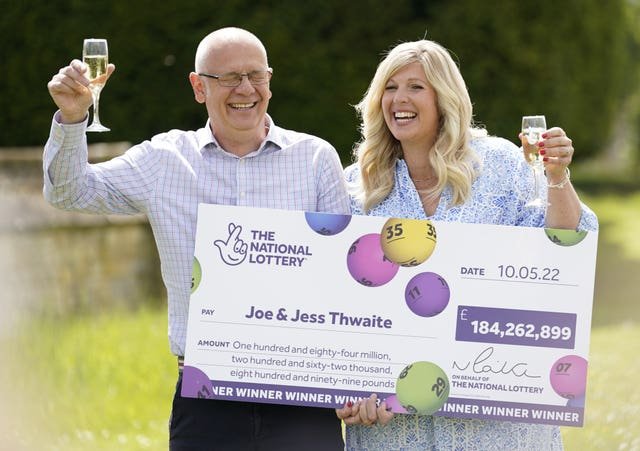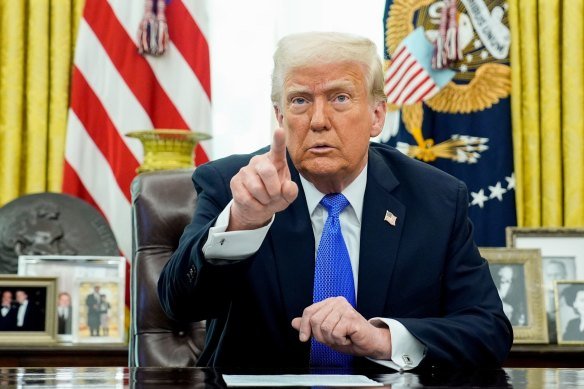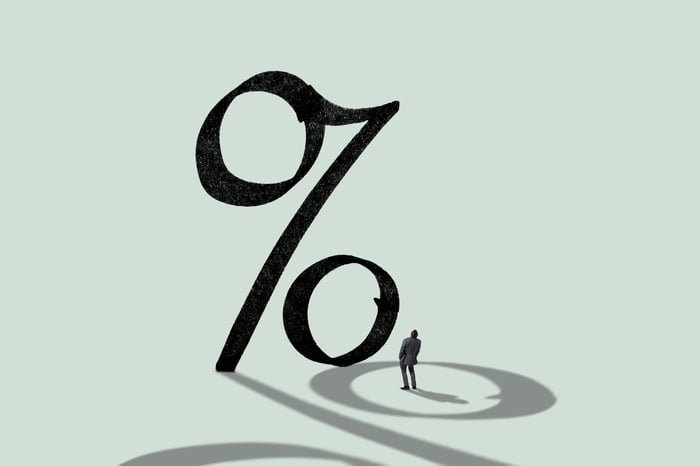IF TAIWAN CAN resist Chinese invasion forces for a month, then Communist Party leaders in Beijing can be deterred. That calculation has long guided war planners and politicians in Taiwan. The democratically ruled island would need to survive weeks of bombardment, blockade or even amphibious landings by the People’s Liberation Army, to give America time to turn up and save the day.

Alas, Taiwanese confidence that America will arrive at all is growing weaker by the day. That is reshaping the plans that the island’s sitting government, which is determined to resist Chinese aggression, must make for its defence.
For years, the island has had to live with a degree of doubt. When President Donald Trump declines to say whether he would risk war with China to save Taiwan, he is following the precedent set by most modern presidents, who used “strategic ambiguity” to deter rash moves by either side to change the status quo. Under the terms of that uneasy stand-off, China calls Taiwan a province that must one day return to the motherland. The island’s leaders deny being part of the People’s Republic of China, but stop short of declaring Taiwan a separate country. American ambiguity leaves China’s supreme leader, Xi Jinping, wrestling with uncertainties. If Mr Xi wants to avoid conflict with America, he needs to be sure of a quick victory, or must stay his hand. As for leading Taiwanese opposition politicians, they have long seized on that same ambiguity to portray America as an unreliable friend, and counselled accommodation of China to buy peace.
What is new is the alarm engendered in Taiwan by Mr Trump’s treatment of Ukraine. When Mr Trump scorns Ukraine as a small country that foolishly imagines it can defy a larger neighbour, Taiwanese hear echoes of their own plight. It does not help that Mr Trump has long scoffed at Taiwan’s prospects in a fight with China. And if America stays aloof, no other power will take up arms in Taiwan’s defence.
True, Chinese hopes of a quick victory were shaken by the failure of Russia’s own attempt at a lightning conquest of Ukraine in February 2022: a debacle that China has studied minutely. But now Ukraine’s long war is forcing Taiwan and friendly governments, including in Europe, to make unprecedented public efforts to prepare the island’s 23m people for a crisis lasting far longer than a month, such as a naval blockade.
In June The Telegram travelled to Berlin for the Taiwan Trilateral Forum, a meeting of diplomats and analysts from America, Europe and Taiwan. Asked for lessons from Ukraine, a Taiwanese participant replied that his island needs “to prove to the rest of the world that Taiwan is able to fight for an extended period”. This is as much a political as a military imperative. Taiwan’s plan is “to hold on as long as possible, while China’s legitimacy is challenged and the international community has time to help”, he added.
Speakers described a flurry of studies and war-games in Western capitals, weighing Taiwan’s vulnerabilities. Taiwanese firms, notably TSMC, make more than 90% of the world’s cutting-edge semiconductors. Even if TSMC foundries are not blown up, the forum heard, a blockade could stop just-in-time imports of specialist gases and chemicals needed to make chips. The meeting, organised by the German Marshall Fund, a Washington-based think-tank, heard of growing seriousness in Taiwan, too. Green groups that clamoured for ageing nuclear power plants to be shut down are more open to arguments about national security and the risks of Taiwan’s heavy reliance on imported fossil fuels.
Trump administration views were parsed like scripture. There were accounts of reassuring meetings with the defence secretary, Pete Hegseth, and the secretary of state, Marco Rubio. Against that, there were dismaying reports of Britain and Germany being chided by other American officials for sending warships through the Taiwan Strait to uphold the freedom of navigation. Europeans should be focusing on Europe’s security, was the message.
The new German government risked China’s wrath by allowing Jaushieh Joseph Wu, the head of Taiwan’s national security council and a former foreign minister, to address the forum in Berlin. Praising Germany’s “courage”, Mr Wu pledged that Taiwan will spend more on defence but will “not be a provocateur”, in remarks that German officials allowed to be made public. Speaking a stone’s throw from Friedrichstrasse station, a cold war crossing point between East and West Germany, Mr Wu hailed West Berlin’s survival as an island of freedom. He described Taiwan’s improving civilian resilience, including the stockpiling of food, water, medicines and energy, and “whole of society” training drills.
Taiwan contemplates a harsher, lonelier world
Under Tsai Ing-wen, Taiwan’s president from 2016-24, such planning was kept secret to avoid alarming the public and foreign investors. The current president, Lai Ching-te, has chaired meetings about resilience and live-streamed them. His hope is to educate a society riven by partisan divisions. Promoting civilian resilience is a diplomatic play, too, allowing friendly powers to help Taiwan without arms sales that would enrage China. Israel and Finland, two countries with advanced civil-defence systems, have both welcomed Taiwanese fact-finding missions. Other Western countries want to learn from Taiwan’s expertise in fighting off Chinese cyber-attacks and disinformation campaigns.
One step is almost unsayable aloud. Should Taiwan rehearse how to resist occupation by China, striving to be ungovernable after a defeat? Several Taiwanese experts are sceptical. They call such planning defeatist, divisive and panic-inducing. Besides, fears of post-war unrest and resistance on Taiwan will not deter Mr Xi, sceptics argue. Other Taiwanese see no choice. They point to Ukraine’s starkest lesson: survival is a long game.







